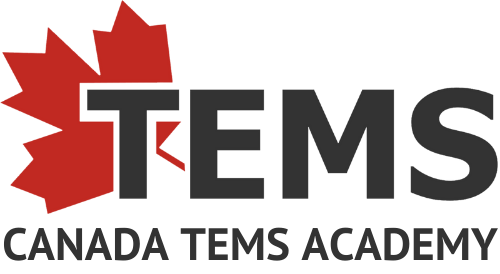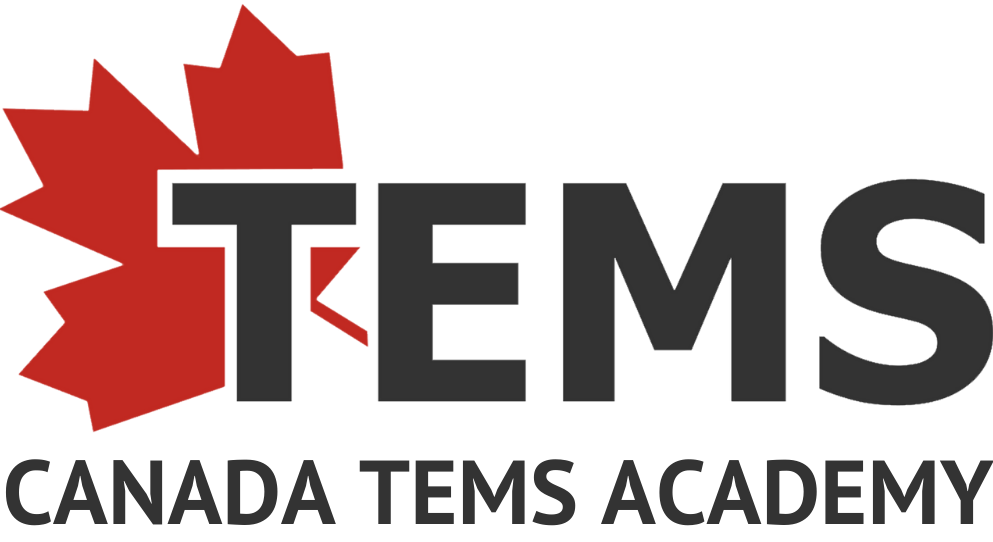The Value of Reflection
The Ontario curriculum has long held the belief that reflection is important to student growth; in fact, many assessments include a section where students are prompted to reflect on what they did and what they will do differently the next time. These are not time-filler sections, but rather meant to engage a student’s metacognition and bring them more actively into their own learning journey.
However, for some students reflection and planned action on that reflection does not come easily. It may be difficult for them to find the reason they did not get a good mark on a test even though they studied for it, yet without finding that reason they run the risk of making the same mistake on the next one, or worse, thinking they just ‘aren’t smart enough’. For international students, it might also be that they have never been exposed to this type of reflective activity before as perhaps they come from school systems that follow a more rote style of learning, or they had very prescribed and supervised study schedules.
Write your awesome label here.
Write your awesome label here.
Write your awesome label here.
Write your awesome label here.

Subscribe to our newsletter!
ESLBOI
Course Description
ESLCOI
Course Description
Prerequisite: ESL Level 2 or equivalent
ESLDOI
Course Description
Prerequisite: ESL Level 3 or equivalent
ESLEOI
Course Description
Prerequisite: ESL Level 4 or equivalent
ENG1D
Course Description
ENG2D
Course Description
Prerequisite: Gr. 9 English, Academic or Applied
ENG3C
Course Description
Prerequisite: Grade 10 English, Applied
ENG3U
Course Description
ENG4C
Course Description
ENG4U
Course Description
Prerequisite: Gr. 11 English, University Preparation
OLC4O
Course Description
Prerequisite: Eligibility requirement:
MFM1P
Course Description
MPM1D
Course Description
MFM2P
Course Description
Prerequisite: Grade 9 Mathematics, Academic or Applied
MPM2D
Course Description
MBF3C
Course Description
Prerequisite: Foundations of Mathematics, Grade 10, Applied
MCF3M
Course Description
Prerequisite: Principles of Mathematics, Grade 10, Academic, or Foundations of Mathematics,
MCR3U
Course Description
Prerequisite: Principles of Mathematics, Grade 10, Academic
MDM4U
Course Description
Prerequisite: Functions, Grade 11, University Preparation, or Functions and Applications,
MHF4U
Course Description
Prerequisite: Functions, Grade 11, University Preparation, or Mathematics for College
MCV4U
Course Description
SNC1P
Course Description
Prerequisite: None
SNC1D
Course Description
Prerequisite: None
SNC2P
Course Description
Prerequisite:Grade 9 Science, Academic or Applied
SNC2D
Course Description
Prerequisite: Grade 9 Science, Academic or Applied
SBI3C
Course Description
Prerequisite: Grade 10 Science, Academic or Applied
SBI3U
Course Description
SBI4U
Course Description
Prerequisite: Grade 11 Biology, University Preparation
SCH3U
Course Description
Prerequisite: Grade 10 Science, Academic
SPH3U
Course Description
SCH4U
Course Description
SPH4U
Course Description
Prerequisite: Grade 11 Physics, University Preparation
SES4U
Course Description
AVI1O
Course Description
CGC1P
Course Description
Prerequisite: None
CGC1D
Course Description
Prerequisite: None
CHV2O/GLC2O
Course Descriptions
This course explores rights and responsibilities associated with being an active citizen in a
GLC2O
This course teaches students how to develop and achieve personal goals for future learning,
CHC2P
Course Description
Prerequisite: None
CHC2D
Course Description
Prerequisite: None
PPZ3C
Course Description
Prerequisite: None
NAC2O
Course Description
Prerequisite: None
BBI2O
Course Description
Prerequisite: None
TFJ3C
Course Description
Prerequisite: None
LKKDU
Course Description
Prerequisite: International Languages Level2 or equivalent evaluation
ESLAOI
Course Description
Online Programs

